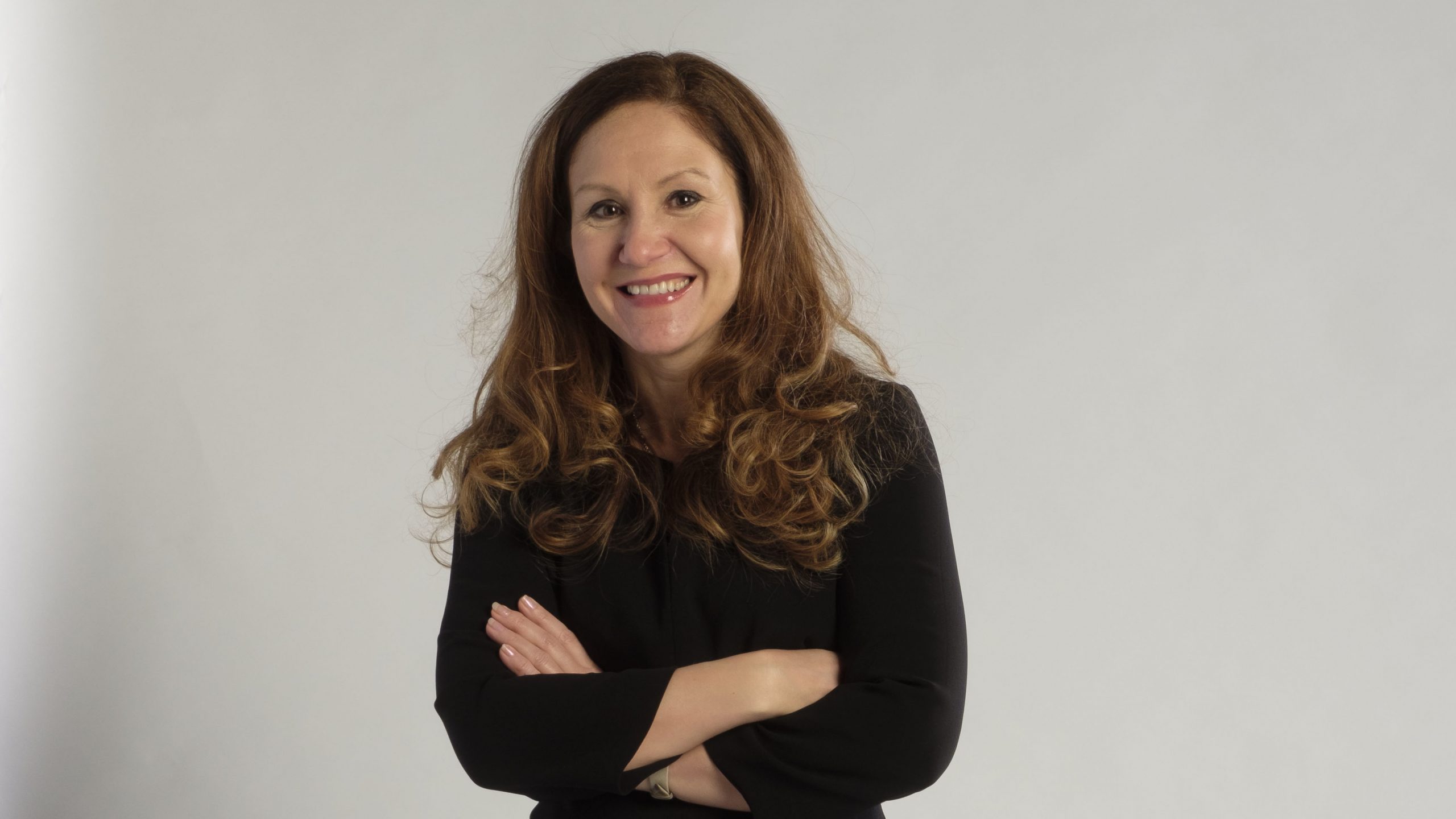Heriot-Watt University, which has campuses in Dubai and Malaysia as well as Scotland, is
showcasing its expertise at Expo 2020 Dubai until 31 March 2022. The postponed Expo 2020, expects to attract 25 million visitors from across the world for a celebration of creativity, innovation, humanity, and world cultures. Here, Dr Gillian Murray, Heriot-Watt’s Deputy Principal, Enterprise and Business, argues that academics’ research and innovation is shaping industry and creating jobs needed for tomorrow.
AS the world strives to recover from the devastating impact of the global pandemic, university academics are playing a huge role in exploring how research and innovation is catalysing industries and framing the jobs of tomorrow – through artificial intelligence, robotics, net zero, energy and health.
Our ambitious Industrial Decarbonisation Research and Innovation Centre run by Professor Mercedes Maroto-Valer of Heriot-Watt University aims to help companies transition away from traditional carbon fuels into low carbon infrastructures. The research and evidence we are working through will shape society and economies at local and global scales.
By sharing our learning, we are contributing to the world’s green economic recovery and helping governments consider how to manage the transition to ‘green jobs’, an area of focus during COP26.
Scotland has found many ways to contribute towards solutions to the climate emergency, from deploying renewables to generate electricity, to leading on the data analysis to measure effects on the climate. Many challenging sectors remain, like energy-intensive industries, transport – creating a new aviation fuel that’s carbon negative – and also the decarbonisation of heat.
Our National Robotarium, a world-leading research facility for robotics and artificial intelligence, has developed technologies that are already changing our lives, so it’s important to understand how to upskill and reskill the workforce to adapt to a high-tech future.
The current practical applications of robotic and artificial intelligence technology are wide ranging, touching all industries and sectors, including scaffoldings that self-builds structures to aid nuclear decommissioning, humanoid robots interacting with patients to reduce anxiety in hospital waiting rooms and autonomous drones to inspect railway archways for cracks.
Research and innovation is fundamental to spark novel ideas and create the innovative products of the future. University academics are at the forefront of driving global recovery and growth by re-imagining the future and exploring how to achieve solutions to address global challenges.
The result? We’re helping to shape both the industries and jobs of the future, while defining the skills, lifelong learning and entrepreneurial mindsets needed from the global workforce to grow future economies.


